Local steel manufacturers backing product quality
South Korea’s Posco VST and 13 Vietnamese steelmakers recently opposed the Ministry of Science and Technology’s (MoST) decision to put some stainless steel products of series 200 (samples GD1 and GD2) into the national standard. They cited these products as being of low quality and harmful to human health.
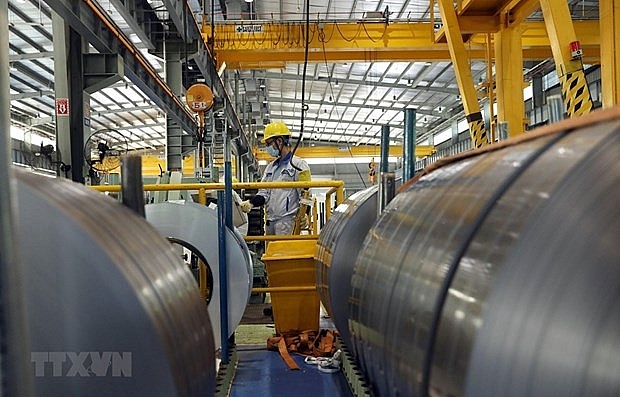 |
| Local steel manufacturers backing product quality, (Photo: VNA) |
However, 32 other steel manufacturers have heard the conclusion of scientists after nearly a year of research on the quality and applicability of the series 200 of stainless steel which contains chrome, nickel, and manganese.
“We, who are Vietnam’s stainless steel manufacturers, were surprised and outraged when we saw Posco VST and 13 Vietnamese enterprises protesting the MoST’s decision to put these products into the national standard,” said a petition to the government from 32 stainless steel manufacturing and trading enterprises.
The 32 firms noted in the petition that no document exists to prove that the products are of low quality. The standards status process for the series 200 was carried out by the Institute of Standards under the MoST, following the scientific process.
The move from the MoST has been welcomed by stainless steel groups because it aims to end issues since Circular No.15/2019/TT-BKHCN promulgated national technical regulations on stainless steel. It came into effect in January 2020 and determined whether or not series 200 stainless steel products can be circulated.
This type of steel is mainly used to manufacture products such as tables, chairs, stair railings, household appliances, interior equipment furniture, and components and spare part of many industries. Compared to galvanised steel, it has acceptable anti-corrosion properties, is easy to work with, and offers good mechanical properties.
Businesses also reported that in addition to creating the aforementioned goods for local use, Vietnamese stainless steel producers have been exporting these goods to a variety of countries, including the Netherlands, Germany, China, India, Thailand, and even South Korea. In this context, businesses stand by the petition, noting that if these types of steel no longer existed in the Vietnamese market, consumers would have to use more expensive steel products.
“Vietnamese exporters will then remain outside the international playing field and the greater risk is that finished products and household products made with this steel will be imported into the Vietnamese market,” the petition wrote. “This will hurt the domestic mechanical production, causing many difficulties.”
Posco VST is in the process of importing raw materials, and preparing to produce new steel to replace the 200 series.
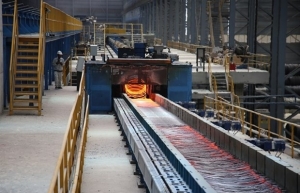 | Steel industry to gradually recover in 2023 Domestic steel demand is expected to keep falling due to the property market slump and tightened monetary policy, economic downturn in many export markets and a rise in supply making the outlook for the industry in 2023 poor, analysts said. |
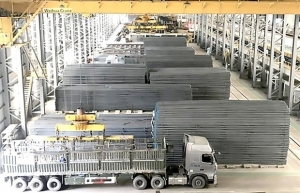 | Steel makers witness hardships in Q4/2022 Steel companies witnessed hardships in the fourth quarter of 2022 with many big players suffering losses. |
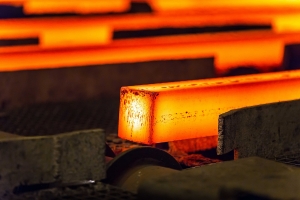 | Steel producers report heavy losses for second consecutive quarter The 2022 fourth-quarter financial statements show Vietnam's five largest steel producers lost a combined total of more than $152 million due to declining prices and demand. |
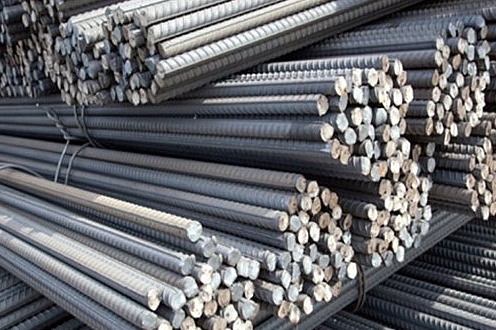 | Vietnam upholds antidumping tariff on Chinese steel imports Chinese cold-rolled steel products are subjected to anti-dumping tax rates ranging between 4.42 and 25.22 per cent, depending on the exporter. |
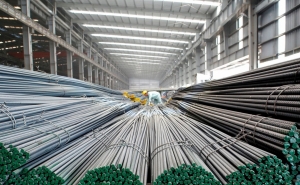 | Construction steel price soars threefold in one month Following the upward adjustment before the Lunar New Year, several steel firms have announced price hikes for construction steel. |
What the stars mean:
★ Poor ★ ★ Promising ★★★ Good ★★★★ Very good ★★★★★ Exceptional
Related Contents
Latest News
More News
- Masan Consumer names new deputy CEO to drive foods and beverages growth (February 23, 2026 | 20:52)
- Myriad risks ahead, but ones Vietnam can confront (February 20, 2026 | 15:02)
- Vietnam making the leap into AI and semiconductors (February 20, 2026 | 09:37)
- Funding must be activated for semiconductor success (February 20, 2026 | 09:20)
- Resilience as new benchmark for smarter infrastructure (February 19, 2026 | 20:35)
- A golden time to shine within ASEAN (February 19, 2026 | 20:22)
- Vietnam’s pivotal year for advancing sustainability (February 19, 2026 | 08:44)
- Strengthening the core role of industry and trade (February 19, 2026 | 08:35)
- Future orientations for healthcare improvements (February 19, 2026 | 08:29)
- Infrastructure orientations suitable for a new chapter (February 19, 2026 | 08:15)

 Tag:
Tag:



















 Mobile Version
Mobile Version